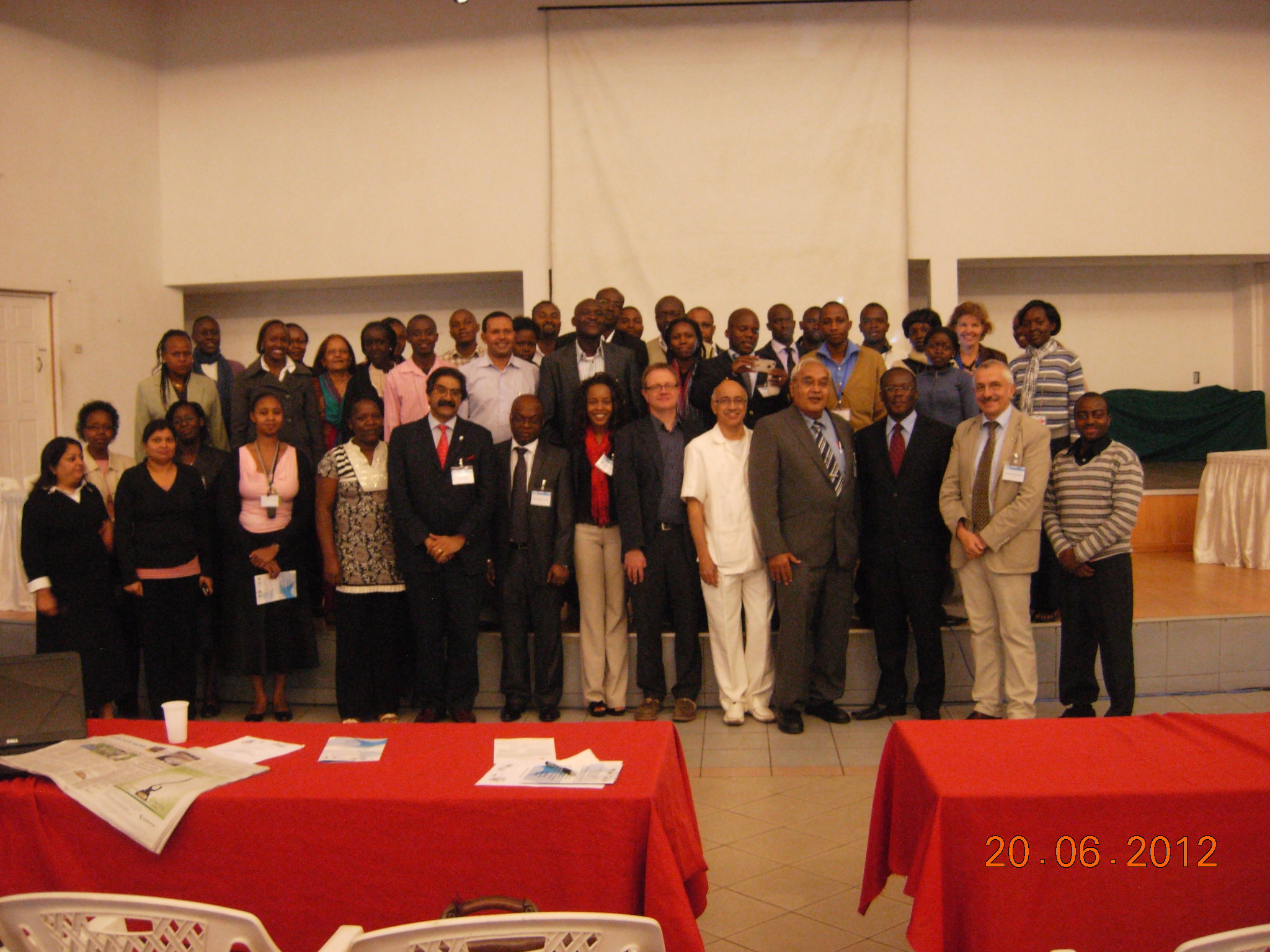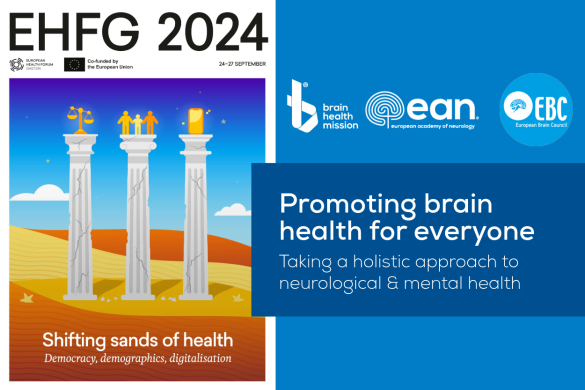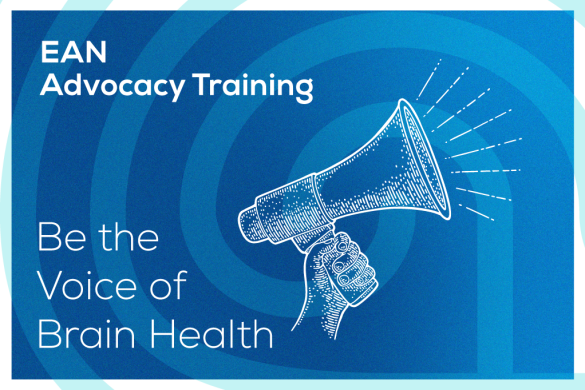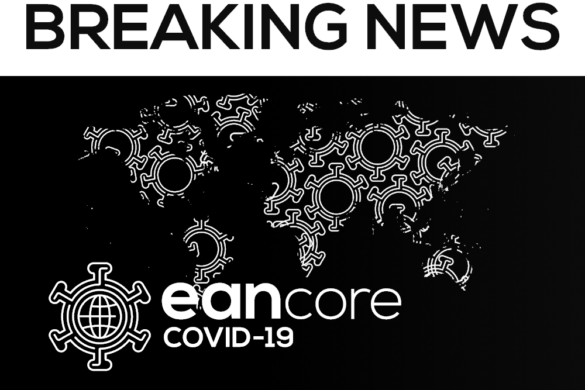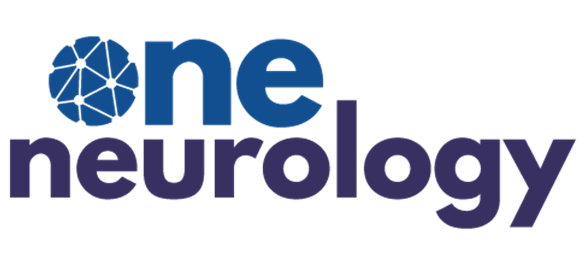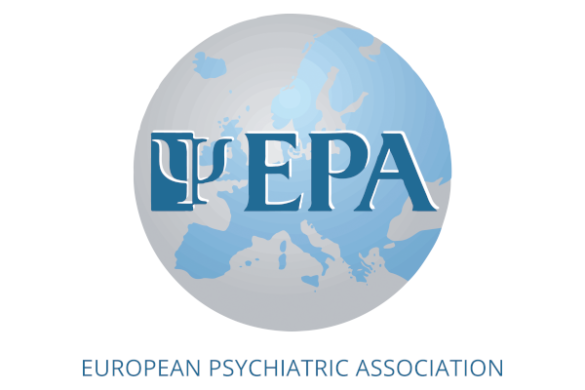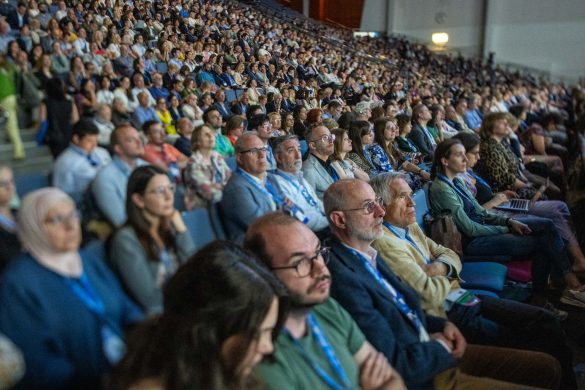by Erich Schmutzhard and Eveline Sipido
in Nairobi, Kenya 20th July 2012, organized by the European Federation of Neurological Societies in cooperation with the Aga Khan University Hospital, Nairobi, the University of Nairobi, the International Brain Research Organization (IBRO) and the World Federation of Neurology (WFN)
Following four years of successful Regional Teaching Courses (RTC) in Sub-Saharan Africa (SSA), a one-day symposium was organised in Nairobi, Kenya on June 20th, 2012. The symposium linked up to the 1st African Epilepsy Congress that also took place in Nairobi, Kenya from June 21st to June 23rd, 2012.
The Symposium took place at the Aga Khan University Hospital and was attended by 70 participants representing 15 African countries. The works were opened by Prof. P. Kioy of the University of Nairobi together with Dr. John Tole of the Aga Khan University Hospital.
Thanks to the contribution of EFNS, IBRO and WFN, it was possible also this year to invite and sponsor a number of trainees from the neighbouring countries to Kenya to attend the symposium. All the invited neurologists in training were specifically recommended by their Heads of the local Neurological Departments.
The following invited trainees attended the Symposium:
Ethiopia Dr. Tafa Samson Alemayehu
Malawi Dr. Jenala Mphatso Njiram’madzi
South Africa Dr. Natalie Govender
Senegal Dr. Haoua O. Sidibe
Tanzania Dr. Patience Luoga
Uganda Dr. Rita Atugonza
Zambia Dr. Clarance Chiluba
A clinical case was presented and discussed by Dr. Jenala Mphatso Njiram’madzi (Malawi) during the scientific programme.
Faculty members from Europe as well as Africa addressed the scientific programme. Prof. A. Gallo Diop (Senegal) was officially delegated to ensure the participation of WFN to the event.
The following two major topics – chosen by the African colleagues and students – were addressed:
1. Multidisciplinary approach to neuropediatrics and
2. Neuro-epidemiology in Sub-Saharan Africa
A short overview of the lectures:
Topic 1: Multidisciplinary approach to neuropediatrics and neuroepidemiology in Sub-Saharan Africa
• Jo Wilmshurst, South Africa:
Neurological complications of HIV in children, in particular, in Southern Africa, Cape Town. The earlier children with HIV are diagnosed as being neurologically and neuro-psychologically/neuro-cognitively impaired, the better the prospects of therapy and prognosis.
• Richard Idro, Uganda:
Cerebral malaria and complications: high number of neuro-cognitive deficits, language and language development impairment, epilepsy, schooling drop outs.
• Pauline Samia, Kenya:
Discussed cerebral palsy and its management delineating very clearly the possibilities of such management within an African community proving that many therapeutic approaches are possible even in resource poor countries.
• Simon Heales, UK:
Discussed neurometabolic disorders in children concentrating on pyridoxine, pyridoxine deficiency, folate deficiency and, in particular, the pyridoxal phosphate deficiency and cerebral folate deficiency as the cause of severe neuro-metabolic disorders in children.
• Amadou Gallo Diop, Senegal:
Provided – as WFN delegate – insight into the training and the care for populations living far from capital cities and healthcare access in SSA. He illustrated this aspect with the Senegalese experience of the so-called Neuro-Caravans. The motto of this approach is: “bring the doctor/specialist and the medicine to the people” and not vice versa.
• Jenala Mphasto Njiram’madzi , Malawi:
She concluded the very well acclaimed morning session with an extraordinary clinical case presentation from Malawi discussing the diagnostic possibilities and facilities in such a case, namely adreno-leucodystrophy.
Topic 2: Neuro-epidemiology in Sub-Saharan Africa.
• Erich Schmutzhard, Austria:
discussed the prevalence and incidence of primary headache in Sub-Saharan Africa, highlighting the importance of tension-type-headache, migraine with and without aura even in rural Sub-Saharan African health care.
• Raj Kalaria, UK (IBRO delegate):
discussed the epidemiology of neurodegenerative disorders, in particular, dementia in rural and urban Sub Saharan Africa indicating the growing importance of these neurological disorders/diseases in urban as well as rural African communities.
• Dismand Houinato, Benin:
discussed specific peculiarities of stroke in Sub-Saharan populations, both with respect to age, risk factors and also clinical presentation and outcome.
An open discussion ended an extremely intensive working day, which was full of new insights into communicable and metabolic neurological disorders in African children and on epidemiology of basic neurological diseases in Sub Saharan Africa. These new insights prompted a very lively discussion between the lecturers/speakers and the very interested and highly motivated auditorium of seventy trainees and neurologists, internists and physicians being interested in these specific fields of neurology.
It was fully agreed upon by all that a one day symposium and/or Regional Teaching Course was far too short and in the evaluation forms this point was very regularly and almost pleadingly raised : please prolong this educational course to at least 2 ½ or 3 days as had been done in the previous years.
The reasons for shortening this EFNS/IBRO/WFN regional teaching course to a one-day Symposium were financial restrictions and the start of the first African Epilepsy Congress on Thursday 21st of June 2012.
Evaluation forms were distributed at the end of the Symposium and very positive feedback was received. The Symposium was very positively assessed and many proposals for potential future RTCs were received. These proposals will be carefully considered by the Symposium/RTC organisers and the African faculty members.
Overall this Regional Teaching Course/International Symposium showed that African and European faculty/scientists are absolutely willing and committed to communicate, collaborate and pursue the common goal of spreading neurology in the Sub-Saharan African Continent allowing neurologists and neurologists in training to access teaching of excellence.
Special thanks were given to Ms. Eveline Sipido for her organizational work towards the success of the Symposium.
Erich Schmutzhard is Chairman of the EFNS Africa Task Force and Professor of Neurology at the Medical University Innsbruck, Innsbruck, Austria
Eveline Sipido is EFNS Liaison Officer, working at the EFNS Branch Office in Florence, Italy

